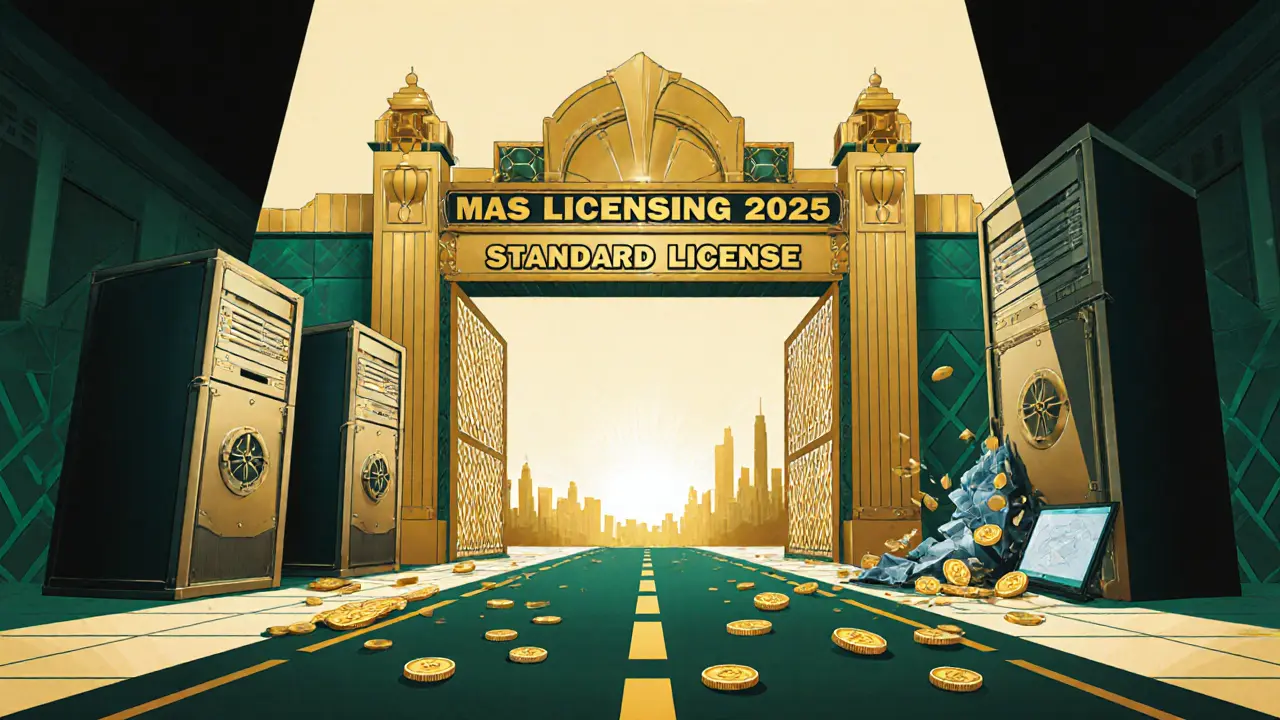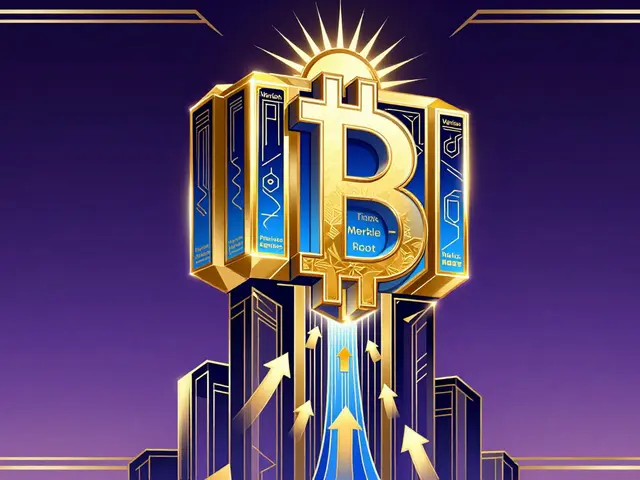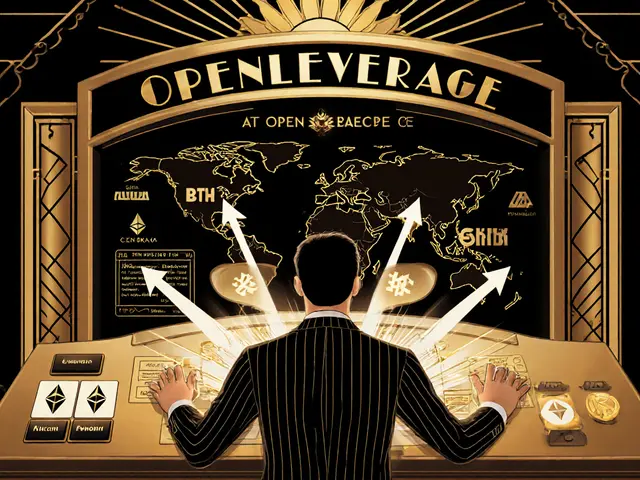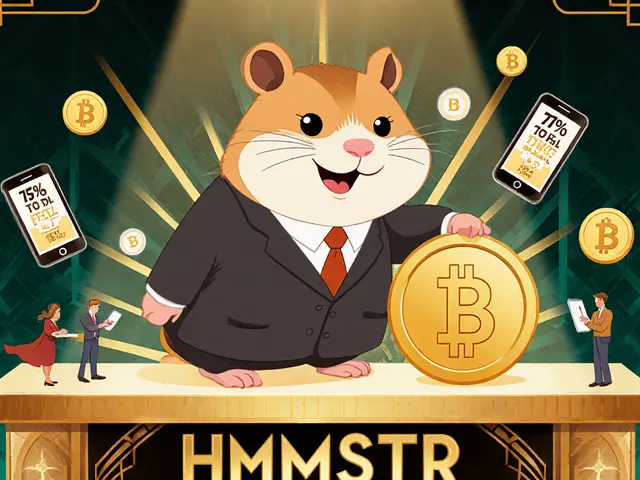Payment Services Act Singapore: What It Means for Crypto Users and Exchanges
When you hear Payment Services Act Singapore, a 2019 law that brought digital payment tokens under formal financial regulation by the Monetary Authority of Singapore. Also known as PSA, it’s the reason why crypto exchanges like Binance and Coinbase had to apply for licenses—or leave. Before this law, crypto businesses in Singapore operated in a gray zone. Now, if you want to offer crypto trading, custody, or exchange services there, you need MAS approval. It’s not just paperwork—it’s a full compliance system with strict KYC, AML, and capital requirements.
The Monetary Authority of Singapore, the country’s central bank and financial regulator. Also known as MAS, it doesn’t ban crypto—it just makes sure companies playing in the space don’t rip people off. That’s why you’ll see some exchanges proudly display their MAS license while others quietly shut down operations. The law also covers stablecoins, crypto lending, and even peer-to-peer platforms. If a platform lets you buy Bitcoin with SGD or earn interest on ETH, it needs to be licensed. Unlicensed platforms? They’re illegal. And users? They’re at risk.
This law didn’t just change how businesses work—it changed how everyday people use crypto in Singapore. You can still trade, hold, and send crypto, but now you’re more likely to do it through a regulated platform. That means better protection if things go wrong. But it also means fewer shady tokens and fake airdrops slipping through the cracks. The PSA also forced out operators who treated crypto like a casino. Look at the digital payment tokens, the official term under PSA for cryptocurrencies like Bitcoin and Ethereum used for payments or investment—they’re not money, but they’re not gambling chips either. MAS treats them as assets with rules.
What does this mean for you? If you’re using a crypto exchange in Singapore, check if it’s on the MAS public register. If it’s not, you’re using an unregulated platform—and that’s risky. You won’t get your money back if it vanishes. The PSA also made it harder for scams to operate under the radar. That’s why you don’t see many fake airdrops or pump-and-dump schemes tied to Singapore-based platforms anymore. The crackdown didn’t kill crypto—it cleaned it up.
And it’s not just about exchanges. The PSA also affects wallets, staking services, and even crypto ATMs. If a company offers any of these in Singapore, they need to register. That’s why you’ll find more local banks partnering with licensed crypto firms now. It’s a shift from fear to control. Singapore isn’t trying to stop innovation—it’s trying to make sure innovation doesn’t become fraud.
What you’ll find below are real stories about how this law changed the crypto landscape. From exchange reviews that actually follow the rules, to scams that got shut down because of PSA, to how users in Singapore navigate the new rules without getting burned. These aren’t theoretical guides—they’re lived experiences from people who had to adapt, avoid traps, and find safe ways to use crypto under the new system.
Crypto Exchange Licensing Requirements in Singapore: What You Need to Know in 2025
Singapore’s crypto exchange licensing rules changed in June 2025. Now, all exchanges operating from Singapore-even those serving overseas clients-must hold a license. Learn the two license types, capital requirements, application steps, and what happens if you don’t comply.





